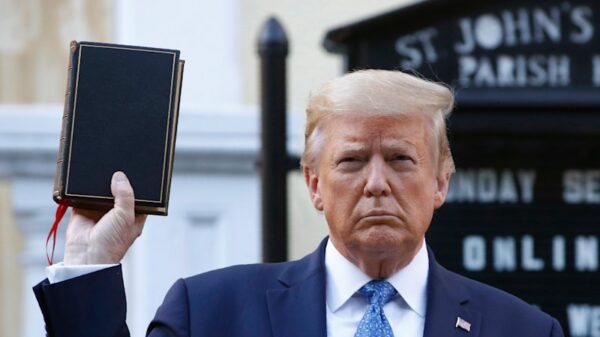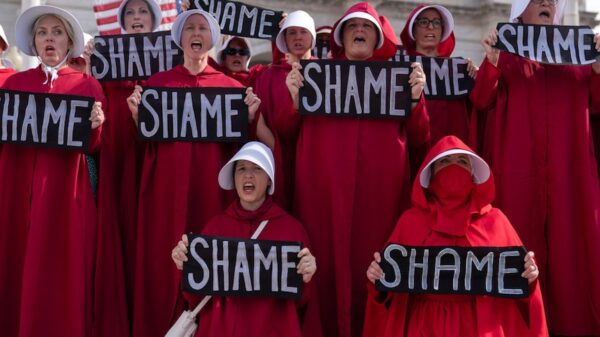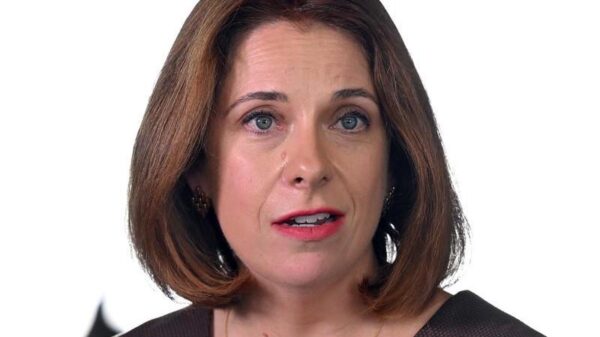The sale of human remains is becoming increasingly controversial in the United Kingdom, with experts calling for stricter regulations in a marketplace that operates largely in a legal grey area. Henry Scragg, owner of the curiosities shop Curiosities from the 5th Corner in Essex, openly admits to selling various human remains, including skulls and mummified body parts, as long as they are ethically sourced. Scragg’s shop, with its unsettling collection of artifacts, has drawn both intrigue and outrage.
Dame Sue Black, a prominent forensic scientist and president of St John’s College, Oxford, argues that the lack of regulation in this market poses significant ethical concerns. “You’ve got people who are breaking into mausolea and who are taking remains away to sell them for people who think this is gothic, quaint, or supernatural,” she stated. Black’s remarks highlight a disturbing trend of body snatching, with reports indicating that remains are being unlawfully exhumed from graves and crypts in the UK and beyond.
In the UK, laws regarding the desecration of graves exist, but the challenge lies in the legal status of human remains. While desecrating a grave is an offense, remains are not classified as property, which complicates the issue of ownership and legality. “It’s gruesome,” Black said, emphasizing the expectation that one’s remains should be treated with respect even after death.
Growing Concerns in the Market
Dr. Trish Biers, an anthropologist from the University of Cambridge, coordinates a taskforce within the British Association for Biological Anthropology and Osteoarchaeology (BABAO) that investigates the trade of human remains. She noted a significant increase in sales over recent years, with BABAO blocking over 200 transactions since 2018. The market, previously dominated by ex-medical skulls and museum artifacts, is now seeing a rise in skulls described as “archaeological,” suggesting they may have been recently excavated.
“Social media has completely changed the market,” Biers explained. Many sellers utilize platforms like Instagram, where the trade of human remains remains largely unregulated. Concerns about the provenance of these items have prompted some traders, like Mattaeus Ball, to withdraw from this niche market altogether. In a recent Instagram post, he stated, “The waters are becoming too muddy with stolen pieces, pieces that are grave-robbed.”
The Guardian conducted an investigation showing several skulls available for sale online, prompting forensic experts to assess their origins. Some skulls exhibited signs of recent excavation, such as root damage and traces of organic matter, indicating they may have been illegally obtained.
Calls for Legislative Change
The ongoing trade in human remains raises specific concerns about the treatment of ancestors from Indigenous communities. Paul Boateng, who plans to meet with the culture secretary, Lisa Nandy, next month, expressed his dismay at the issue. “The continual trade in human beings even after death, and their continued objectification even after death, is deeply repugnant,” he said.
Currently, the Human Tissue Act 2004 regulates the use and storage of human remains but only applies to those under 100 years old. This legislation was enacted following the Alder Hey scandal, where children’s organs were misappropriated without consent. Experts argue that the act does not extend its protective measures to the private trade of historical remains, allowing for a legal loophole that permits sales as long as items were not acquired illegally.
Imogen Jones, a law professor at the University of Leeds, pointed out that recent cases, such as those involving mortuary abuser David Fuller, reveal that UK laws fail to adequately reflect societal expectations for the treatment of deceased individuals.
Scragg, while acknowledging the ethical concerns surrounding the sale of human remains, suggested that selling such items to collectors who “will look after it, appreciate it, and put it on a shelf and love it” might be more respectful than burying them. His comments underscore the complexities surrounding the ethics of human remains trade.
In response to the growing concerns, a spokesperson for the Department for Culture, Media and Sport stated, “All human remains should be treated with respect and dignity.” The department urges auction houses and sellers to consider the ethical implications of their activities, which many find disturbing.
As the debate continues, it remains clear that the intersection of ethics, law, and commerce in the trade of human remains requires urgent attention to ensure that dignity and respect are maintained even in death.






























































